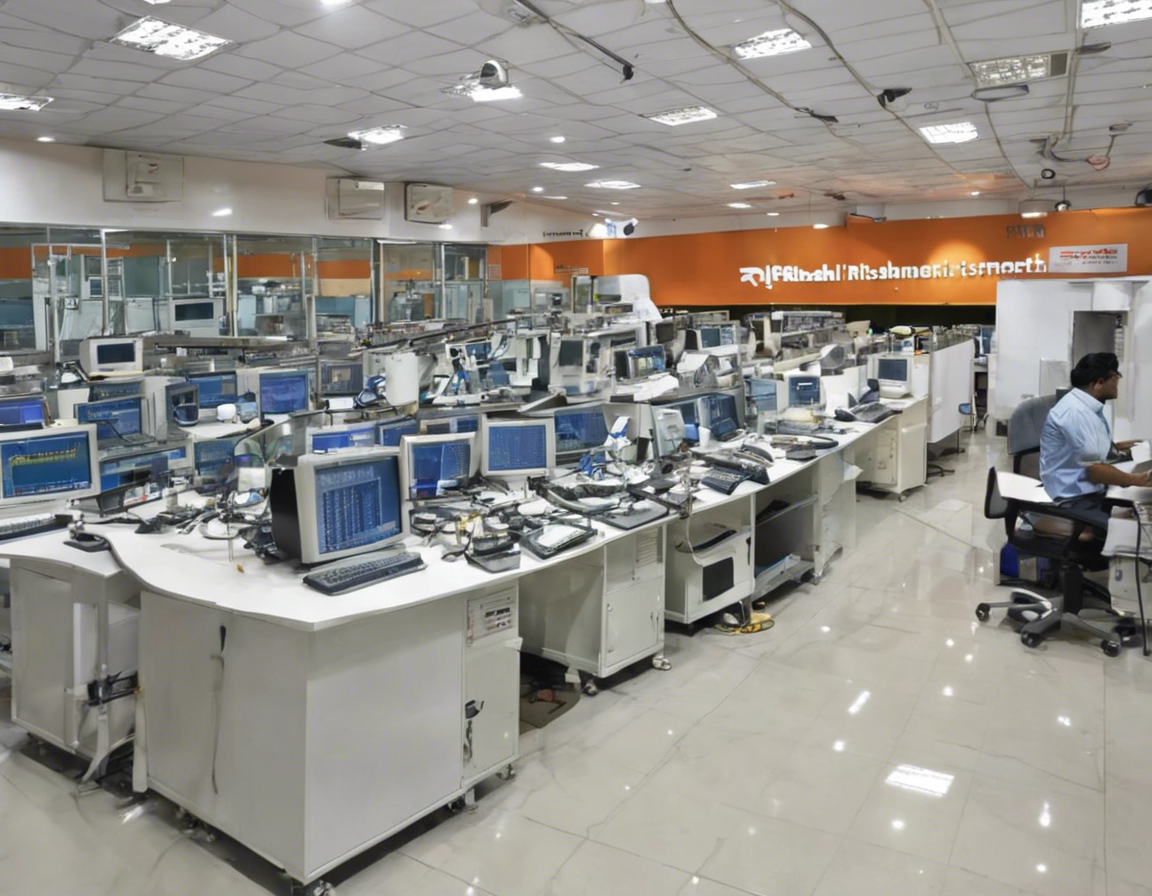Rishabh Instruments IPO Allotment Explained
Investing in an Initial Public Offering (IPO) can be an exciting opportunity for investors to become shareholders of a company at an early stage. Rishabh Instruments, a company in the manufacturing sector, recently went public through an IPO. The process of IPO allotment can sometimes be confusing for new investors. In this blog post, we will break down Rishabh Instruments IPO allotment to help you understand how it works and what to expect.
Understanding the Rishabh Instruments IPO Allotment Process
What is IPO Allotment?
IPO allotment is the process of allocating shares to investors who have applied for shares in an IPO. The allotment is done based on predefined criteria set by the company and the stock exchanges.
Rishabh Instruments IPO Details
Before diving into the allotment process, let’s first understand the basic details of Rishabh Instruments IPO. It is essential to know the issue size, price band, market lot, and other important information related to the IPO.
Subscription and Allotment
Once the IPO subscription period is over, the company and the merchant bankers review the bids received from investors. Based on the demand and availability of shares, the company decides on the allotment ratio.
Basis of Allotment
The basis of allotment is a document that specifies how the shares will be allocated to different categories of investors. It is prepared based on the subscription received in each category.
Allotment Process
The actual IPO allotment process involves random selection through a computerized system. The allotment is done in a transparent manner to ensure fairness and equality among investors.
Refund of Unallotted Amount
In case an investor does not receive full allotment, the unallotted amount is refunded to their account. It is crucial to keep track of your application and bank account for any updates on the allotment process.
FAQs on Rishabh Instruments IPO Allotment
1. How is the IPO Allotment Ratio Calculated?
The IPO allotment ratio is calculated based on the total number of shares available for allotment and the number of shares applied for by investors in each category.
2. Can I Check the Allotment Status Online?
Yes, you can check the IPO allotment status online through the BSE or NSE website or the registrar’s website using your PAN number or application number.
3. What if I Don’t Receive Full Allotment?
If you do not receive full allotment, the remaining amount will be refunded to your bank account. You can reapply for shares in the secondary market if you wish to buy more shares.
4. How Long Does the Allotment Process Take?
The IPO allotment process typically takes a few days after the closure of the subscription period. The exact timeline may vary depending on the company and the market conditions.
5. What Should I Do After Allotment?
After receiving the allotment, you will receive an intimation with details of the allotted shares. You can then transfer the funds for the allotted shares and wait for them to be credited to your demat account.
In conclusion, understanding the Rishabh Instruments IPO allotment process is crucial for investors looking to participate in the IPO market. By familiarizing yourself with the basics of IPO allotment and staying informed about the latest updates, you can make well-informed investment decisions. Remember to consult with your financial advisor before investing in any IPO to assess its suitability for your investment goals and risk tolerance.

